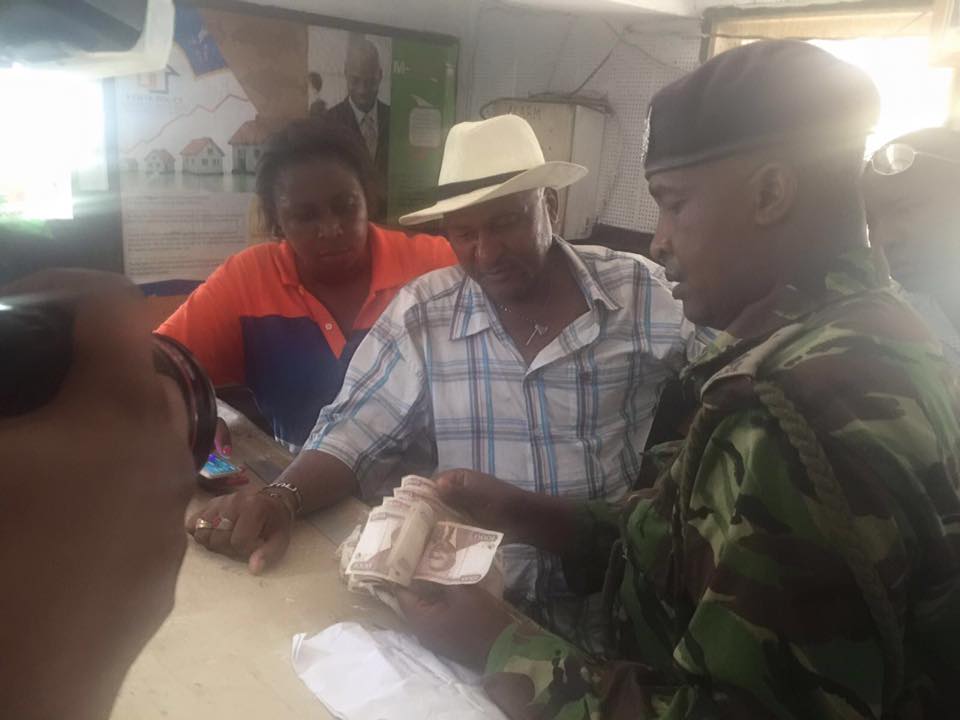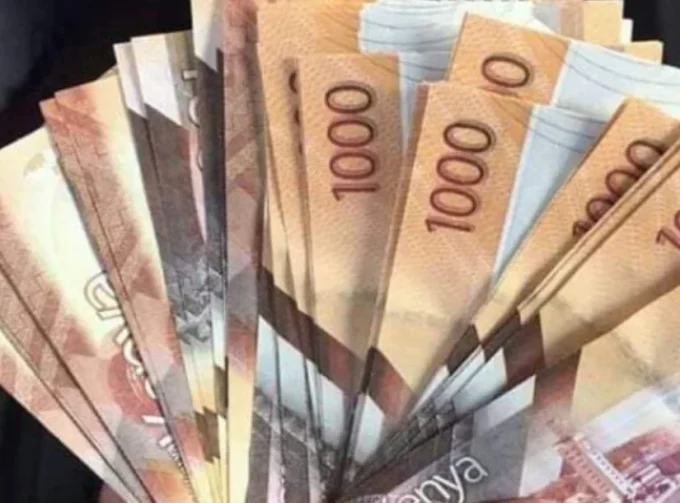Consumers will pay more when the Sh1.50 excise duty stamp fee and other costs associated with installation of a new sin tax system, manufacturers have said.
Brewers, juice processors, soft drink makers and water bottling firms are up in arms against the new stamp cost whose use the Kenya Revenue Authority (KRA) began in February for beer makers and later this month for soft drinks. The manufacturers have promised to pass on the costs associated with installing of the so-called excise goods management system to consumers, setting them up for retail price inflation.
The manufacturers argue that they are being forced to spend about $1 million (Sh100 million) to change their manufacturing lines to accommodate the new-generation tax stamp system and have rejected the Sh1.50 charge per stamp as exorbitant.
“The Sh1.50 tax will definitely push the prices of drinks up,” said a manufacturer who spoke on condition of anonymity fearing reprisal from the taxman.
“We have been paying VAT, excise duty, and other levies imposed by Kebs (the Kenya Bureau of Standards). This Sh1.50 is an indirect tax going to individuals’ pockets in Switzerland and KRA. It is a major scam.”
The KRA has contracted Swiss firm, SICPA, to oversee the roll-out of the excise goods management system across 64 companies that manufacture excisable goods in Kenya. SICPA is the firm that was recently named in a scandal in which cigarette maker BAT allegedly bribed ex-Justice minister Martha Karua to access confidential information regarding procurement of the excise tax stamps.
The tobacco firm allegedly used the information to block a rival firm from winning the lucrative tender, according to Britain’s Independent newspaper. SICPA, which won the five-year KRA deal in December 2012, has rejected claims that BAT plc influenced its winning of the multi-billion shilling tender.
The deadline for beer manufacturers to start using the new stamps lapsed on February 1, 2016 while non-alcoholic drinks makers have up to the end of this month to install the new sin tax system.
The system involves setting up a printer along a production line that affixes an excise stamp on bottle caps, Tetra Pak packages and cans. SICPA is providing the system but industrialists pay the cost of installation, modifications to processing lines, power supply and Internet connection.
The electronic tax system can be remotely monitored and the new-generation excise stamps can be read by smartphones – a feature the taxman is banking on to weed out grey products from the market and grow revenue. (BUSINESS DAILY)



















































![Pula Co-Founders and Co-CEOs, Rose Goslinga & Thomas Njeru. Pula provides agricultural insurance and digital products to help smallholder farmers manage climate risks, improve farming practices and increase their incomes. [ Photo / Courtesy ]](https://businesstoday.co.ke/wp-content/uploads/2021/01/Pula-Co-Founders-and-Co-CEOs-Thomas-Njeru-Rose-Goslinga.jpg)




























































Leave a comment